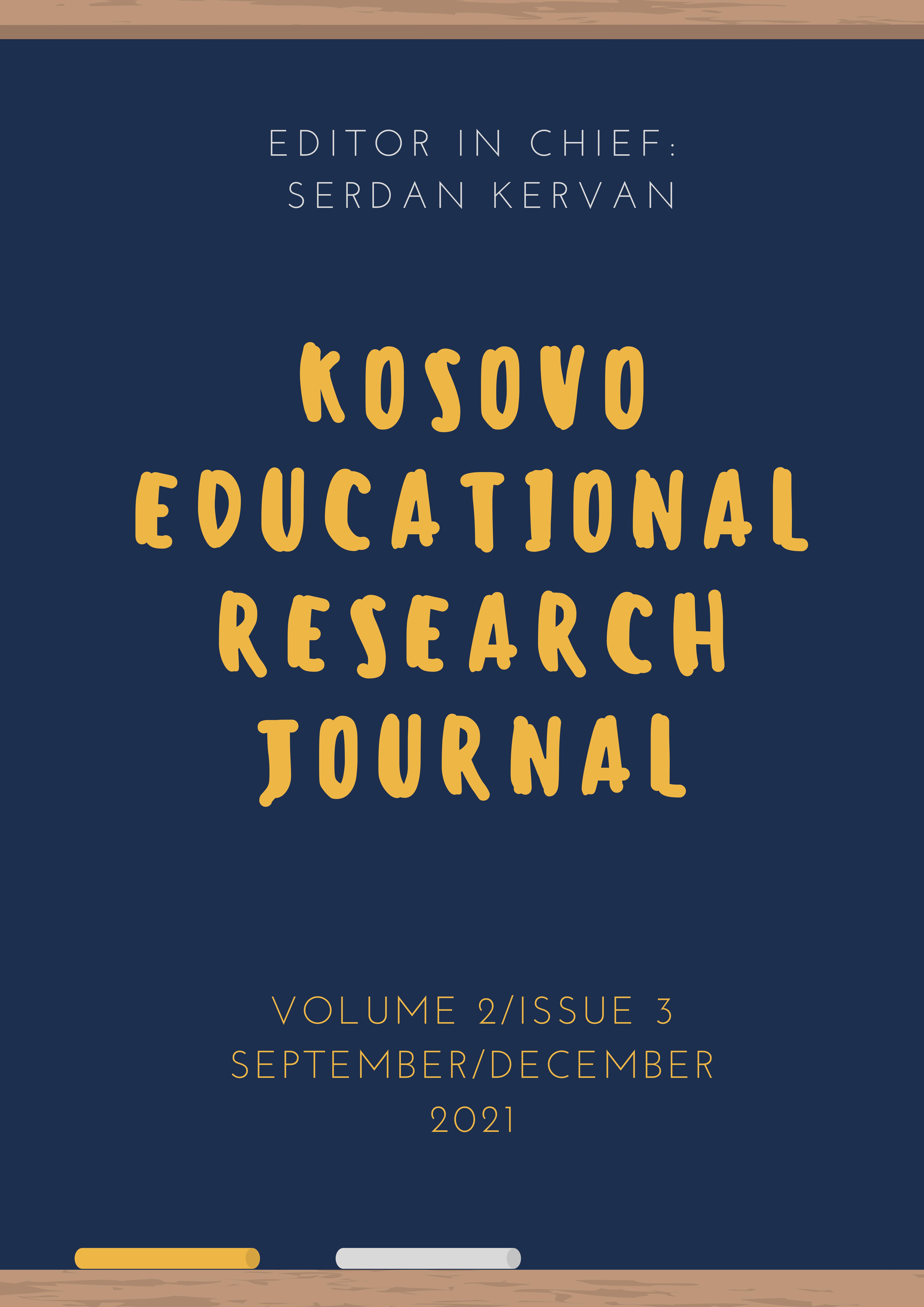Author :
Abstract
2021 yılının Temmuz ve Ağustos aylarında Türkiye’de ve dünyada büyük yangınlar meydana geldi. Türkiye’de birçok ilde yüzlerce çıkan orman yangını günlerce sürdü. Maddi ve manevi kayıplar, yaralanmalar, başka illere göçler, zor şartlar altında yaşamını sürdürme yangının bir gerçeğiydi. Yangınlar ile binlerce ailenin dünyası alt üst oldu, psikolojisi bozuldu. Bu gibi olumsuz durumları acaba Mevlana Mesnevi adlı eserinde nasıl değerlendirmiştir? Gönül eri Mevlana eserinde böyle bir duruma düşünlere neleri önermiştir?
Bu araştırmanın amacı Türkiye ve dünyada doğal afetler sonucu meydana gelen sorunlara, strese Mesnevide geçen kavramlarla/ sözlerle cevap aramaktır. Bu kavramlar: Bela-imtihan, felaket, dert, yangın, deprem, endişe, fayda-zarar, hayır, hikmet, adalet-zulüm, ağlamak-gözyaşı, ibret, irade, iyilik-kötülük, iyimser-karamsar, kader-kaza, keder, mutluluk-mutsuzluk, ölüm, problem-çözüm, sebep, sıkıntı, takdir, tedbir, tefekkür, ümit-ümitsizlik, üzüntü, yardımlaşma-dayanışma. Araştırma sonuç ve önerilerle sonlanmaktadır.
Keywords
Abstract
In July and August of 2021, big fires occurred in Turkey and around the world. Hundreds of forest fires in many cities in Turkey continued for days. Material and moral losses, injuries, migration to other provinces, living under difficult conditions were the facts of the fire. With the fires, the world of thousands of families was turned upside down and their psychology was broken. How does Mevlana evaluate such negative situations in his work called Mesnevi? What does the heart of Mevlana suggest to thinkers in such a situation in his work?
The aim of this research is to seek answers to the problems and stress that occur as a result of natural disasters in Turkey and in the world, with the concepts/words in Mesnevi. These concepts are trouble-testing, disaster, trouble, fire, earthquake, worry, benefit-harm, charity, wisdom, justice-oppression, crying-tear, lesson, will, good-evil, optimistic-pessimistic, destiny-accident, grief, happiness-unhappiness, death, problem-solution, reason, distress, appreciation, precaution, contemplation, hope-despair, sadness, cooperation-solidarity. The research ends with the conclusion and recommendations.
Keywords
- Akyüz, Y. (2020). Turkish education history, Ankara: PegemA Publications.
- Akyüz, Y. (2020). Turkish education history, Ankara: PegemA Publications. Arikan, K. (2021). What is Trauma? Accessed: 11.10.2021.
- Bilted, (2021). Trauma. http://www.bilted.com/info/trauma, Accessed: 11.10.2021.
- Cetindag, Y. (2013). Mevlana Announcing the Ottoman Empire. Interaction Publications, Istanbul. DBE, (2021). DBE Trauma Trainings.
- https://www.dbe.com.tr/tr/yetiskin-ve-aile/8/travma-egitimleri/, Access: 11.10.2021.
- İnci, F, and Boztepe, H. (2013). Post-Traumatic Growth: Does Pain That Doesn't Kill Strengthen? Journal of Psychiatric Nursing - Journal of Psychiatric Nursing 2013;4(2):80-84.
- https://jag.journalagent.com/phd/pdfs/PHD-29392-REVIEW-INCI.pdf, Accessed: 11.10.2021.
- Karakose, Saban (2007). Inspiring Words from Mevlana Compiled According to Their Subjects. Yakamoz Publishing, Istanbul.
- Karaismailoğlu, A. (2011). Man and Society through the Eyes of Mevlana. Akçag Publications,Ankara.Mevlana (1990). Mesnevi I. Translated by Veled İzbudak, Reviewed by Abdülbaki Gölpınarlı,Ministry of National Education Publications, Istanbul.
- Mevlana (1990). Mesnevi II. Translated by Veled İzbudak, Reviewed by Abdülbaki Gölpınarlı, Ministry of National Education Publications, İstanbul.
- Mevlana (1990). Mesnevi III. Translated by Veled İzbudak, Reviewed by Abdülbaki Gölpınarlı,Mevlana (1990). Mesnevi IV. Translated by Veled İzbudak, Reviewed by Abdülbaki Gölpınarlı,Mevlana (1990). Mesnevi V. Translated by Veled İzbudak, Reviewed by Abdülbaki Gölpınarlı,Mevlana (1990). Mesnevi VI. Translated by Veled İzbudak, Reviewed by Abdülbaki Gölpınarlı,Mevlana (2006). Mesnevi 1. Turkish: Tahirü'l-Mevlevi, Edited by: Selahaddin Tuna, Kırkambar Library, Istanbul.
- Mevlana (2006). Mesnevi 2. Turkish: Tahirü'l-Mevlevi, Edited by: Selahaddin Tuna, Kırkambar My Health (2021). What is Spiritual Trauma?
- https://sagligim.gov.tr/ruh-sagligi/ruhsal-travma-nedir.html, Accessed: 11.10.2021.
- Oner, Necati (2002). Stress and Religious Belief. Turkish Religious Foundation Publications, Tarhan, Nevzat (2012). Masnavi Therapy. Timaş Publications, Istanbul.
- Turkish Psychiatric Association (2021). Post Traumatic Stress Disorder.
